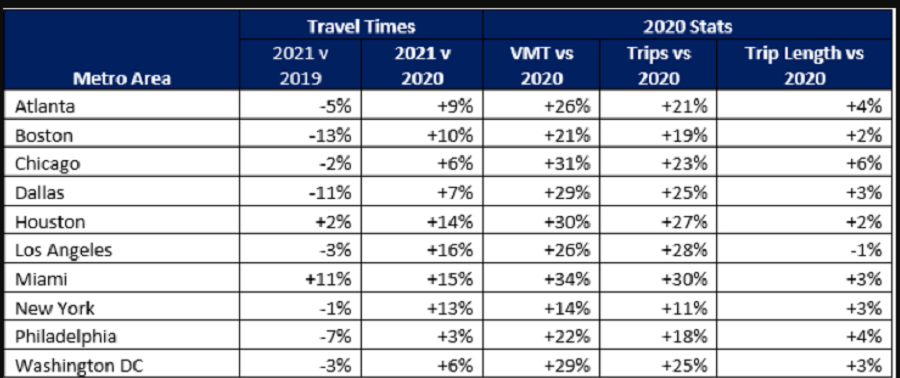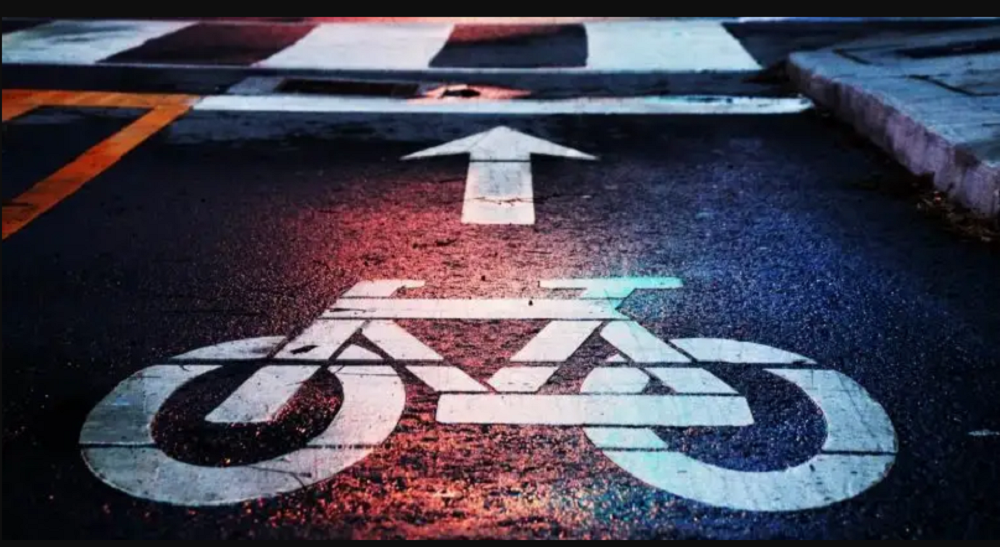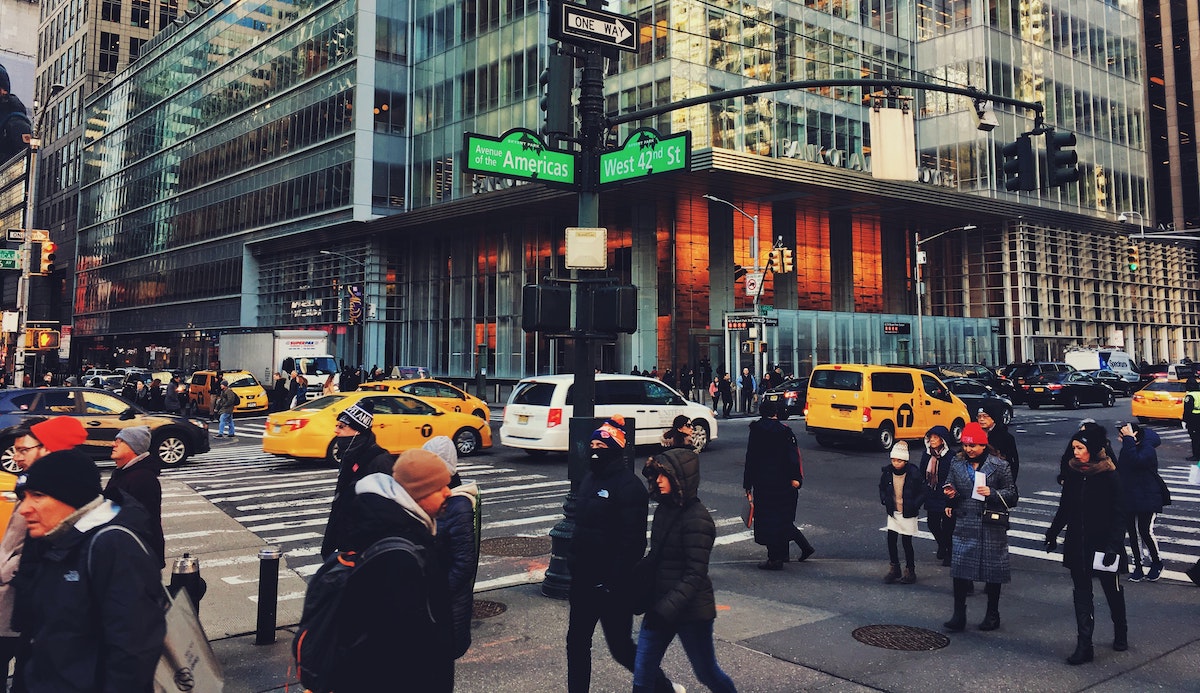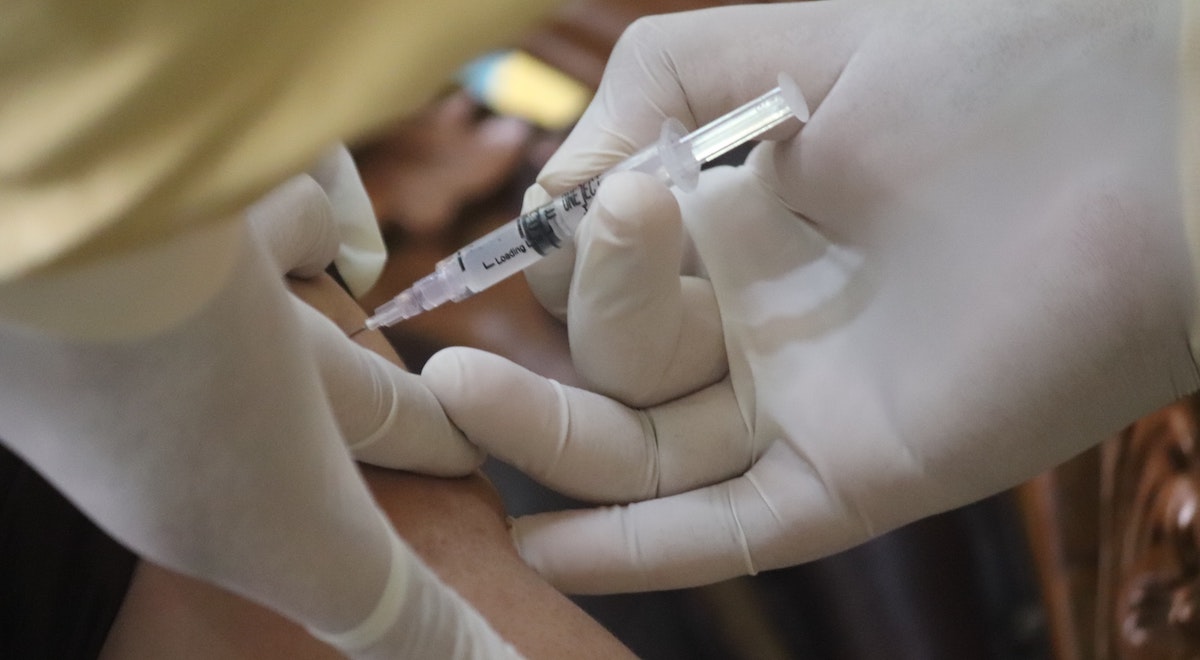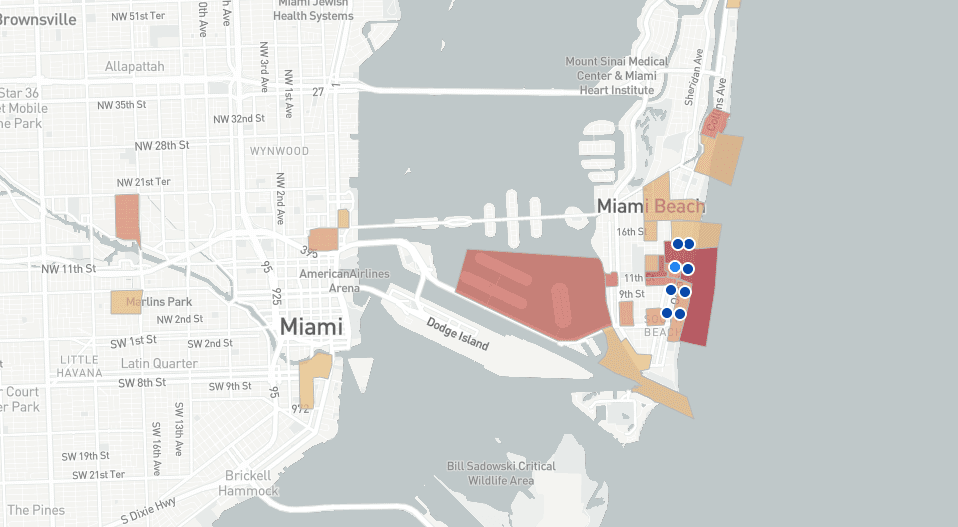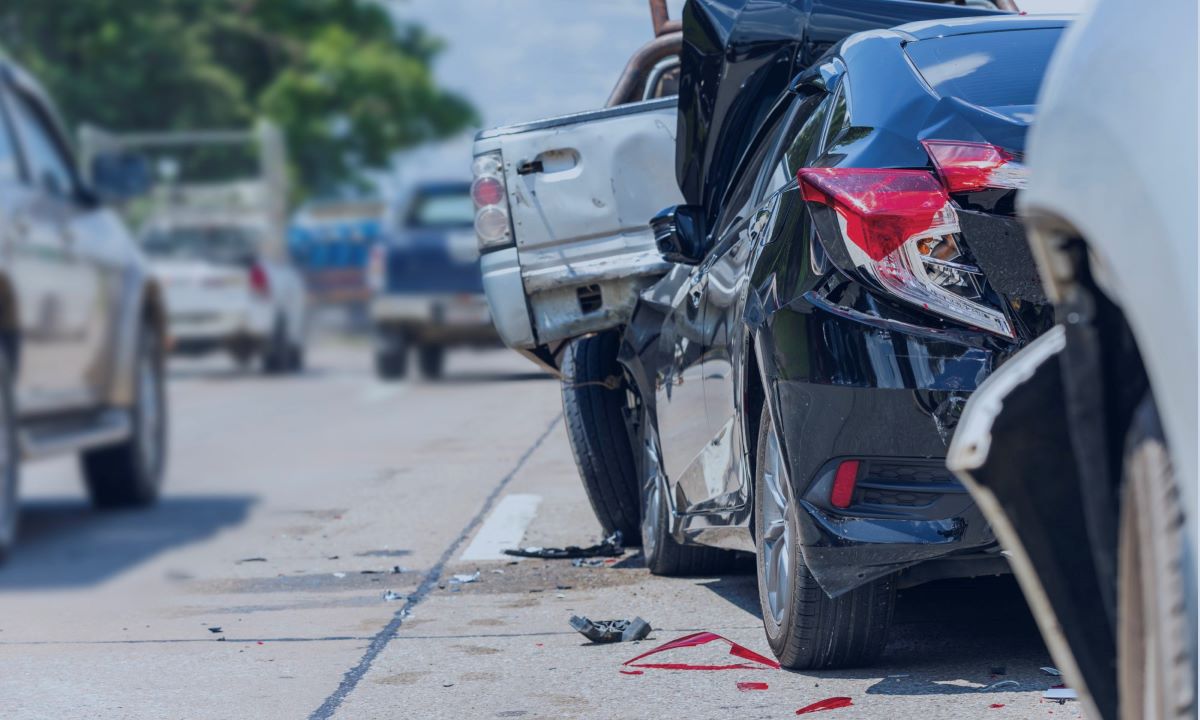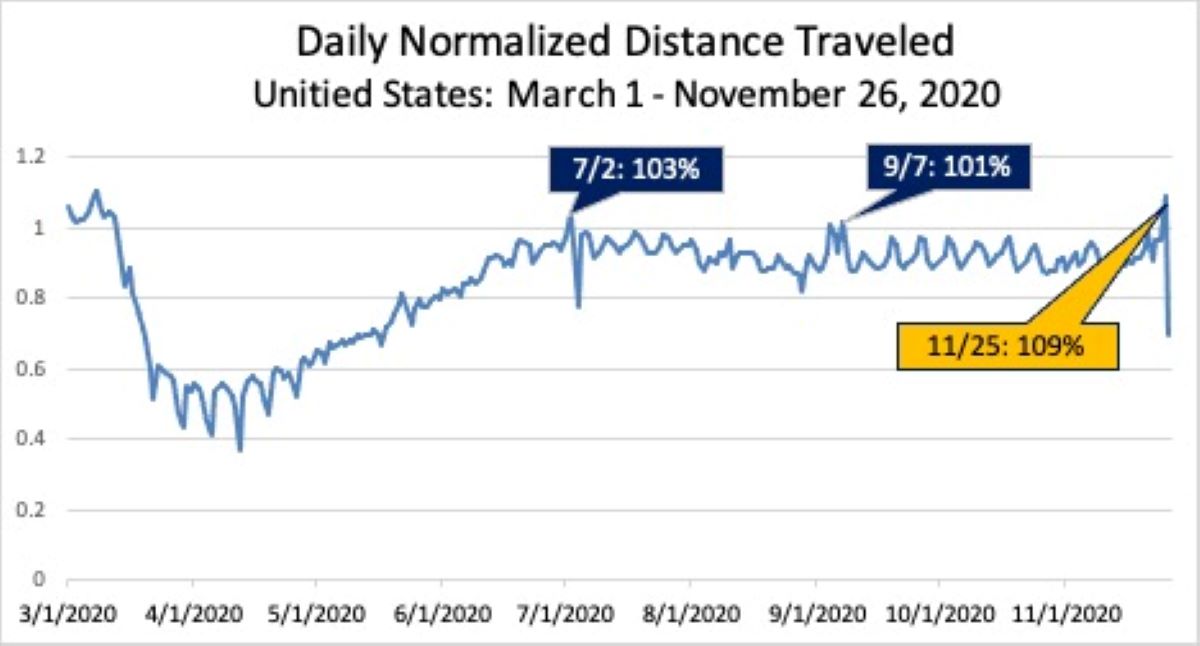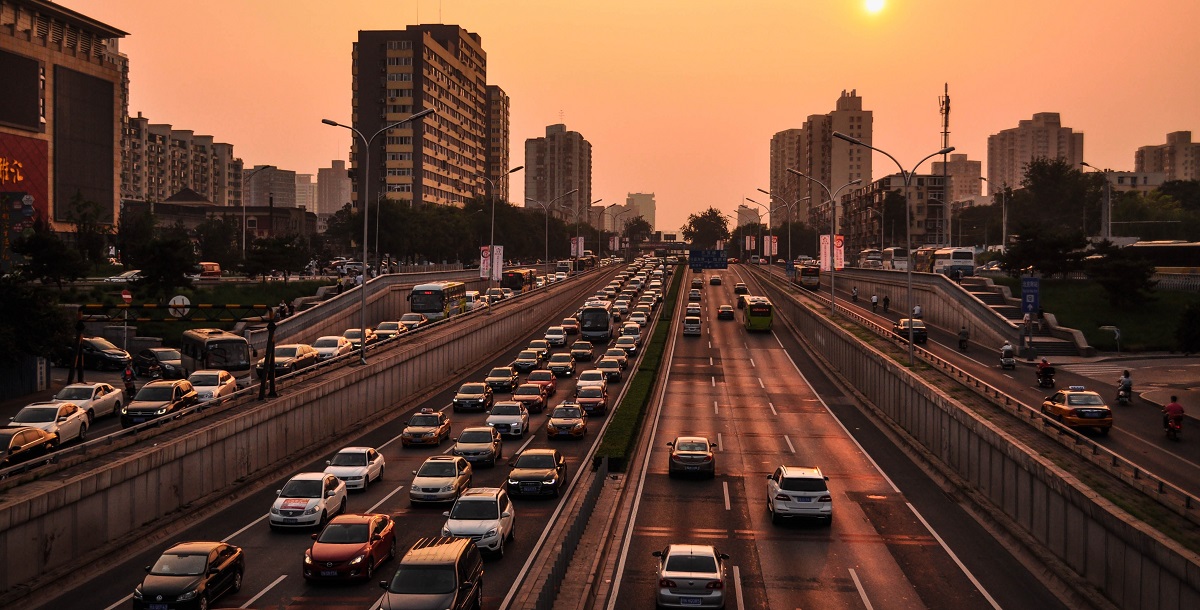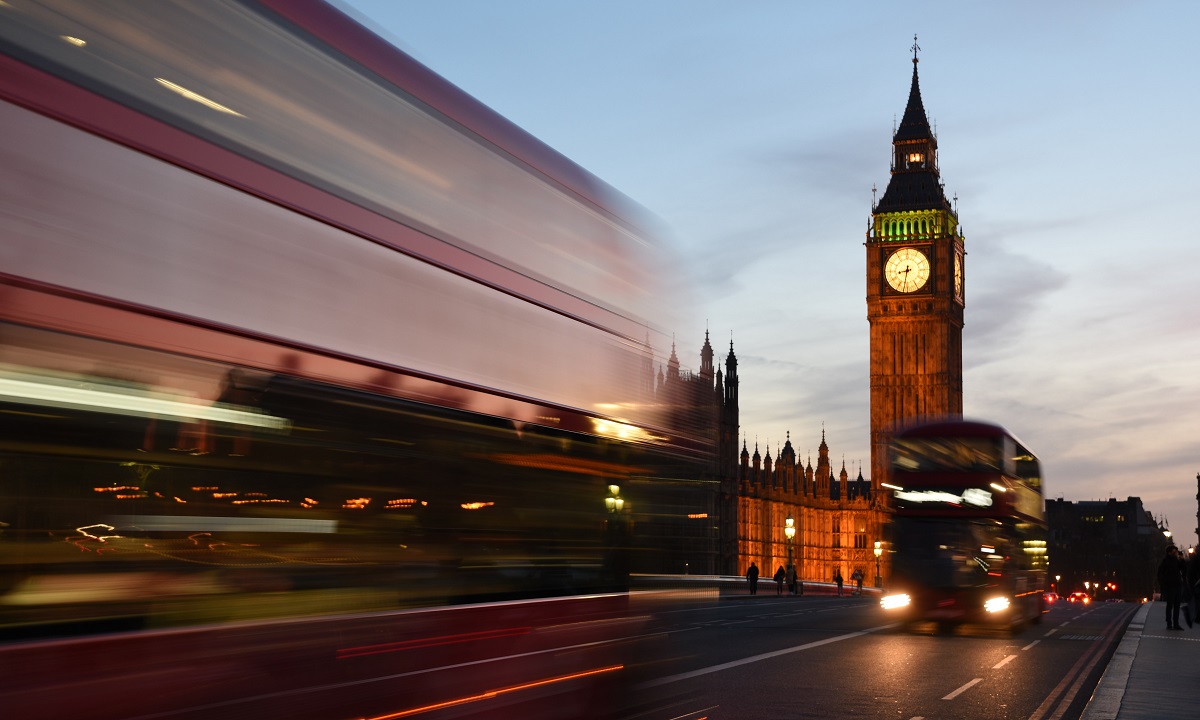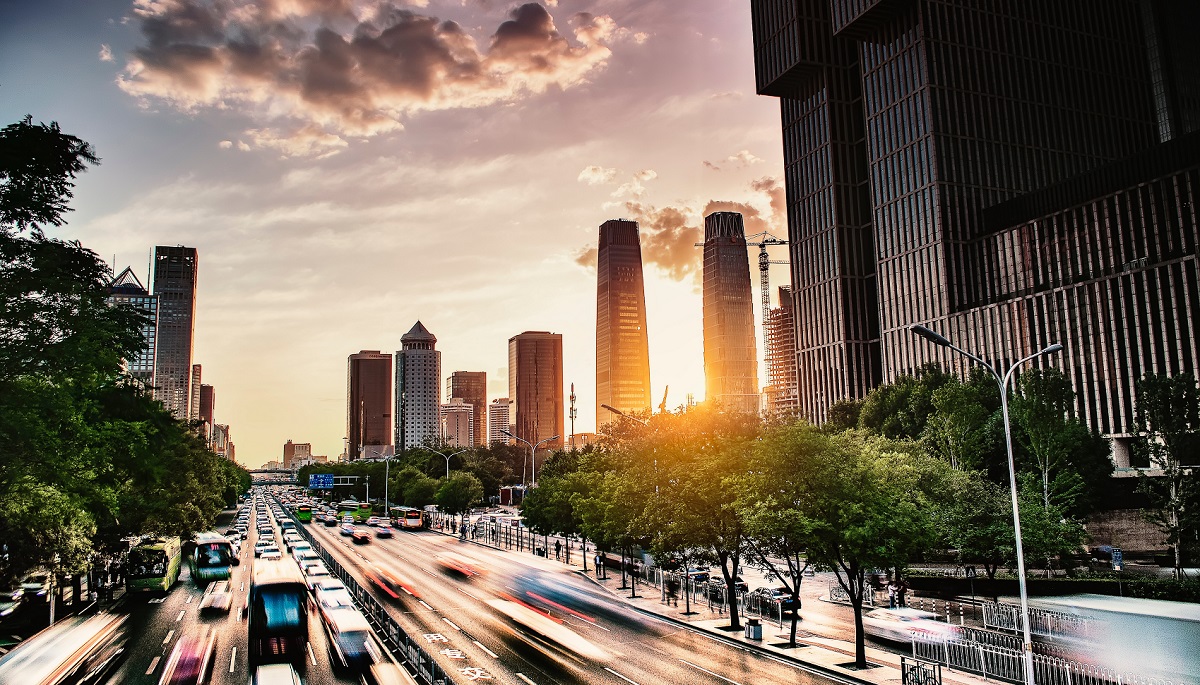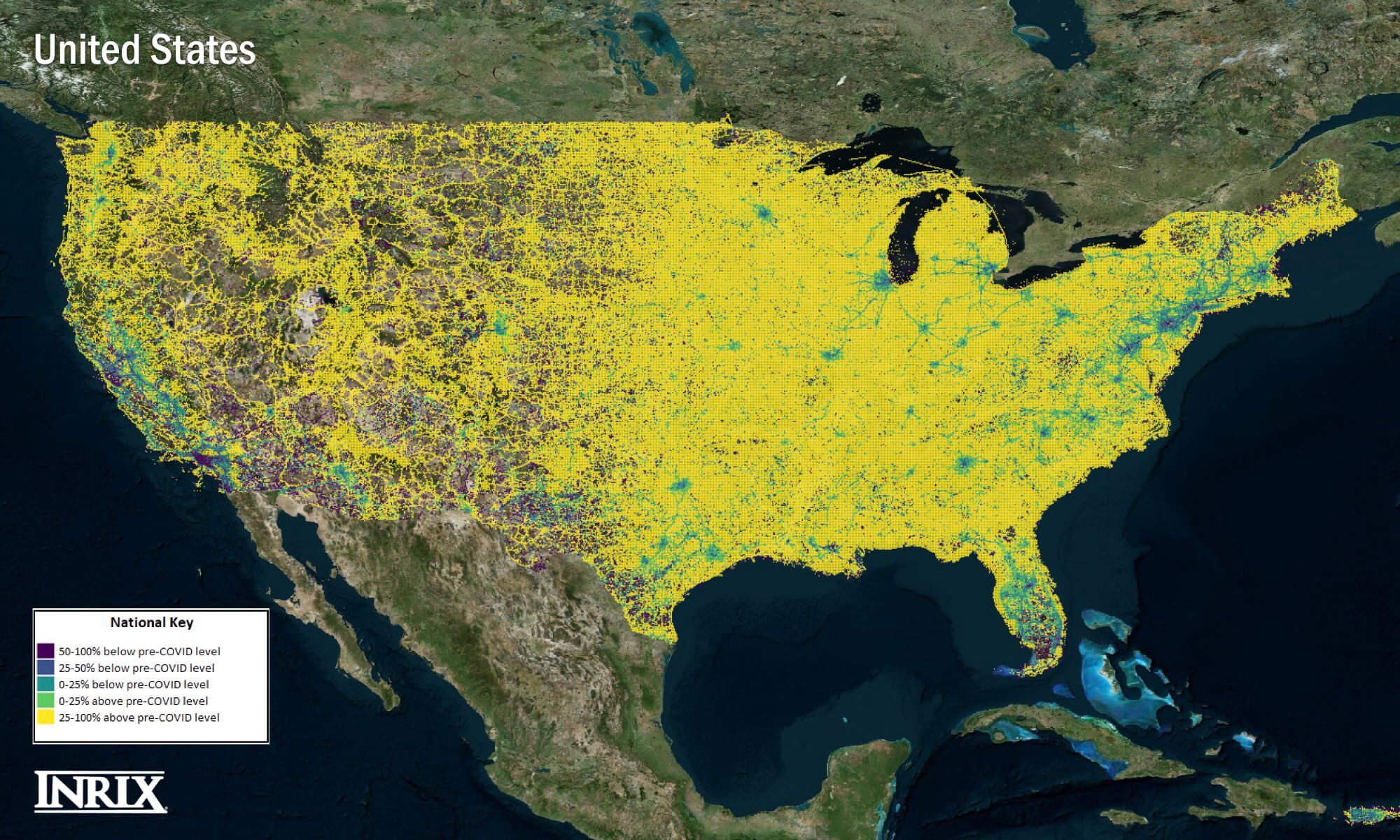Despite the COVID-19 Delta Variant, holiday travelers hit the road Labor Day weekend, seeing more traffic congestion than last year. Some people assumed that Labor Day weekend travel would perhaps even be lighter than last year. Yet the latest data from the Labor Day holiday shows people still have a strong desire to get out of town. Travel was especially strong in Miami this Labor Day. Travel times were +11% higher than in pre-COVID 2019 and 15% higher than in 2020. Further, Miami saw a +34% increase in miles-traveled versus last year and saw a +30% increase in trips.
In the latest report from INRIX, “Mall Resurgence Proves Brick and Mortar Still Alive Despite Pandemic,” we learned about the difficulties mall owner/operators and tenants faced over the last year and a half. The COVID-19 Pandemic – along with local government’s response to the outbreak – reduced visits to malls by 91% in April 2020. And while the recovery varied from city to city, we found certain cities stand out from others. For example, by July 2020, Chicago jumped from being -95% down from pre-COVID levels to just -19%.
When the coronavirus pandemic struck, cities all around the world went into lockdown. Roads were deserted as businesses closed and sent employees home to work. In the United States, we saw major congestion hotspots transform to free flow traffic as people stopped commuting downtown to work. Now, over a year later, businesses are opening and the roads are returning to their pre-COVID state. Using the INRIX Trip Analytics tool we looked at how much downtown trips decreased throughout the course of COVID in Chicago, Los Angeles, New York, and Washington DC, as well as Berlin, and London.
Continuing a trend we saw throughout the COVID-19 pandemic, morning commute traffic is still far below pre-COVID levels in terms of trips and vehicle-miles traveled. Nationally, VMT exceeded pre-COVID levels beginning in late February and continuing through April. In the last few weeks, trips taken by drivers in the United States have increased on a slight upward trajectory. Yet some areas are seeing fewer VMT and trips than their counterparts. For example, trip growth in Washington DC, New York and Seattle continue to lag Phoenix, Dallas and Miami. Even within metro areas, the number of trips taken varies considerably by time of day.
INRIX continues to monitor vehicle miles traveled (VMT), the amount people drive, as the country re-emerges from COVID-19. VMT across the United States has continued to surge since the beginning of March. Yet growth in VMT has not been evenly disbursed. Kentucky saw the largest growth in VMT vs four weeks ago with a 31% unadjusted growth in travel. Vermont has seen the lowest growth at 4%. Overall, travel in the Southern United States has seen large increases in VMT over the past 4 weeks as indicated in the map below.
One year ago, the City of Miami Beach imposed a curfew to stop the spread of the Coronavirus. Fast forward to today, and City officials again imposed lockdowns at night – with Miami Beach City Manager Raul Aguila declaring a State of Emergency over building crowds in Miami Beach during Spring Break 2021. Visits increased to the Entertainment District over last year, yet largely moved in-tandem with last year’s trend. Yet by mid-March, visits to the Entertainment continued to surge far above last year’s count, with momentum, until a significant drop on March 21, a day after the Curfew order.
Today, INRIX released a new study that analyzed the impact of COVID-19 on vehicle collisions across the nation’s busiest and riskiest roadways. Using INRIX IQ, the Riskiest Roads report evaluated and compared road conditions on National Interstates, freeways and expressways and arterial streets in the Top 25 US metros during COVID-19 to determine the impact of vehicle miles traveled (VMT) reductions on travel speeds and collisions.
COVID’s immediate impact on driving habits was unmistakable. Motorists abandoned the roads, and passenger vehicles sat idle in garages and driveways. Long-held assumptions about driving habits no longer applied.
Travelers hit the road in record numbers the day before Thanksgiving, reaching a vehicle-miles traveled (VMT) of 9% above “normal” (pre-COVID) levels. To this point, VMT had only reached pre-COVID levels twice since the pandemic forced restrictions – both surrounding major holidays (4th of July and Labor Day). The third time, which happened on Wednesday, Nov. 25, topped the list.
INRIX released its report on activity around COVID-related street closures last week. As part of that study, which used anonymous GPS mobile app data to better understand utilization and user demographics of restricted streets, INRIX looked at specific types of streets programs in New York. The City’s Open Streets implementation is one of the largest and most interesting cases we studied due to the size of the Open Street: Restaurant program.
As INRIX reported earlier, vehicle miles traveled (VMT) is returning to pre-COVID level in states across the country. At a slower pace, cities have begun to reach their pre-COVID, February levels of traffic – yet many are still behind their normal, seasonally-adjusted VMT. In addition, the time of day people are traveling has shifted considerably under COVID-19, especially in the AM commute.
As expected, the lockdown caused a dramatic drop in vehicle miles traveled across the United Kingdom. It stagnated for about a month, then began to rise throughout May and June with the reopening of recreational sites and retail locations. Notably, weekend travel remains strong across the UK. Many cities across Europe have yet to recover to pre-COVID levels of travel, despite 10 out of the 19 countries analysed in the study reaching theirs.
This is the 13th edition of a weekly review of changes in road traffic demand in the United States from the COVID-19 virus spread and our collective response. We will endeavor to publish this Synopsis every Monday for the foreseeable future, providing results through Friday of the previous week.
As governments at all levels across the country ease restrictions relating to COVID-19, INRIX continues to monitor activities across the United States. We have focused specifically on a few main areas: vehicle miles traveled, trips, traffic speeds and re-emergence, the increase in access for residents by all modes of travel.
This is the 11th edition of a weekly review of changes in road traffic demand in the United States from the COVID-19 virus spread and our collective response. We will endeavor to publish this Synopsis every Monday for the foreseeable future, providing results through Friday of the previous week.







